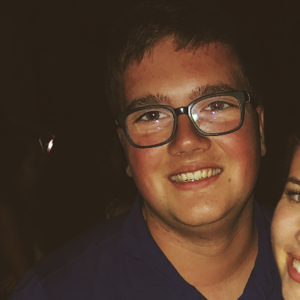We All Know This Too Well
It’s Friday night, you’re a few drinks in, and suddenly you’re craving a greasy, cheesy, salty, or sweet snack. This feeling is all too relatable for us college students. You could blame these poor cravings on the lowered brain capacity that we all have after a few drinks, however, there’s a little more going on behind the scenes.

But Why?
Lucky for us, scientists and nutritionists have analyzed people’s drunk eating habits to answer these questions. A recent video came out that mentioned we don’t think we are eating like crap when we eat a whole pizza at 2:30 am. These habits are strange because alcohol is calorically dense and shouldn’t make you feel the need to snack. So it doesn’t make much sense that drinking alcohol causes most people to have an increase in appetite.

Lets Discuss What’s Going On Upstairs
When someone is drinking, certain neurons in the brain will fire more rapidly than others, which send signals throughout the body telling you to eat. Despite all of the calories consumed earlier from the alcohol, one can still become hungry after a night of drinking. In fact, even if you eat a large meal while drunk, you may still not feel full.

Why You’re Not Feeling Full
This feeling of fullness is created by the production of a hormone called leptin. When alcohol is in the body, the creation of leptin is delayed. Because of the delayed leptin production, you will never feel completely satisfied or full while eating drunk. Not only does being drunk make you eat foods that are high in calories, but these high-calorie foods don’t even make you feel full, causing you to eat more!
Hopefully, after reading this article, even if you’re not a neuroscience major, you now understand how your brain and alcohol together create the “drunchies” on your nights out. So let’s make sure we keep in the back of our mind that when we want to get drunk, we may be gaining a few pounds from all of the pizza and mac ‘n cheese.


